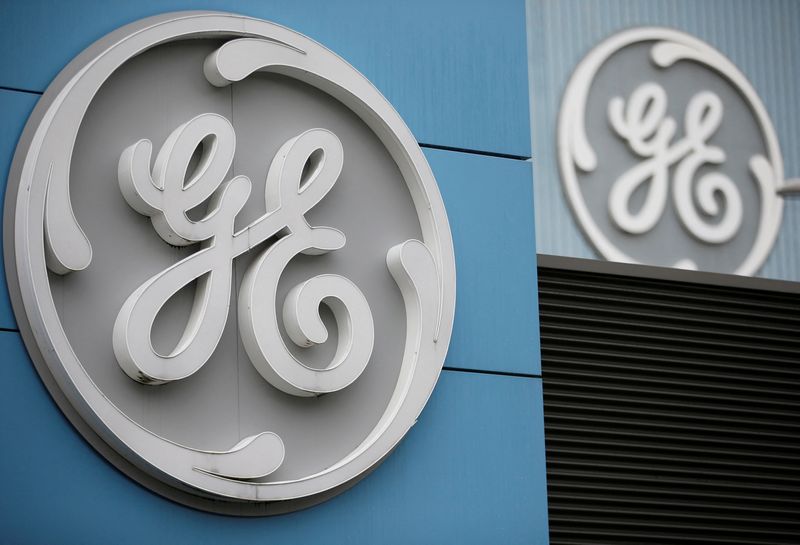By Joyce Lee and Victoria Waldersee
(Reuters) -Industrial firms including GE, chipmakers such SK Hynix and automaker Mercedes Benz warned that China's strict COVID-19 curbs were intensifying supply chain disruptions and raising uncertainty about the business outlook.
China's "zero Covid" policy to combat the Omicron variant has brought fresh lockdowns, forcing factories to shut and worsening a global supply chain logjam. More than 40 cities are in total or partial lockdown, and Shanghai, the country's financial capital, has been isolated for over a month.
That has cast a pall over financial markets worried about a hit to the world economy that is only just recovering from the pandemic-led slump.
And even as companies scramble to keep up with soaring costs of everything from labor to raw materials, the Russian invasion of Ukraine and related Western sanctions have driven up energy prices.
"Collectively, supply chain issues, the Russia-Ukraine war and China COVID impacts adversely affected revenue in the quarter by about 6 percentage points," General Electric (NYSE:GE) CEO Larry Culp said on Tuesday.
Culp, who does not expect GE to fully offset inflation this year, said the company was scrutinising costs and becoming more decentralised to run its business closer to its customers and improve prices.
3M, another American industrial giant, said on Tuesday that China's lockdowns and the Ukraine crisis had slowed sales in April.
The company, already struggling with chip shortages and high raw materials costs, said it would continue to increase prices to offset inflationary and supply chain costs, echoing GE that said it has already raised prices and invoked price escalation clauses in its service contracts.
Japanese beermaker Asahi Group's shares surged on on Wednesday after it announced its first price hike for canned beer in 14 years to cope with rising costs for materials, energy and transportation.
CHIP, AUTO TROUBLES
South Korea's SK Hynix, the world's second-biggest memory chipmaker, said China's lockdown was the biggest risk driving weaker chip demand in mobile and personal computers, though it expected a pick up in the second half as manufacturers launched new products launches before the year-end shopping season.
Its compatriot LG Display (NYSE:LPL) Co Ltd said supply chain problems caused by the lockdowns affected panel production and shipments in the March quarter.
"In the smartphone market, demand growth is slowing especially in China, and mobile memory chip shipments are expected to increase in the early single-digit percentage, which is slightly lower than expected at the beginning of the year," Kevin Noh, Chief Marketing Officer at SK Hynix, said on a conference call on Wednesday.
U.S. chipmaker Texas Instruments (NASDAQ:TXN) on Tuesday flagged disruptions at the factories of its customers and forecast current-quarter revenue below Wall Street estimates.
Franco-Italian chipmaker STMicroelectronics, whose clients include Apple (NASDAQ:AAPL) and electric car maker Tesla (NASDAQ:TSLA), on Wednesday flagged a temporary fall in production due to China's curbs.
Tesla said last week it had lost about a month of build volume out of its Shanghai factory due to the shutdowns and that production had resumed at limited levels, which would impact deliveries in the April-June quarter.

Mercedes-Benz said on Wednesday it expects supply chain bottlenecks and chip shortages to hurt its business throughout the year and cautioned of further uncertainty around production and market development due to China's lockdowns. The premium carmaker, like other automakers including Tesla and GM, has increased prices to offset inflationary costs.
Some European companies including EssilorLuxottica, which makes eyewear for Prada (OTC:PRDSY) and Versace, and Gucci owner Kering (EPA:PRTP) have also warned that China's lockdowns were hurting sales.